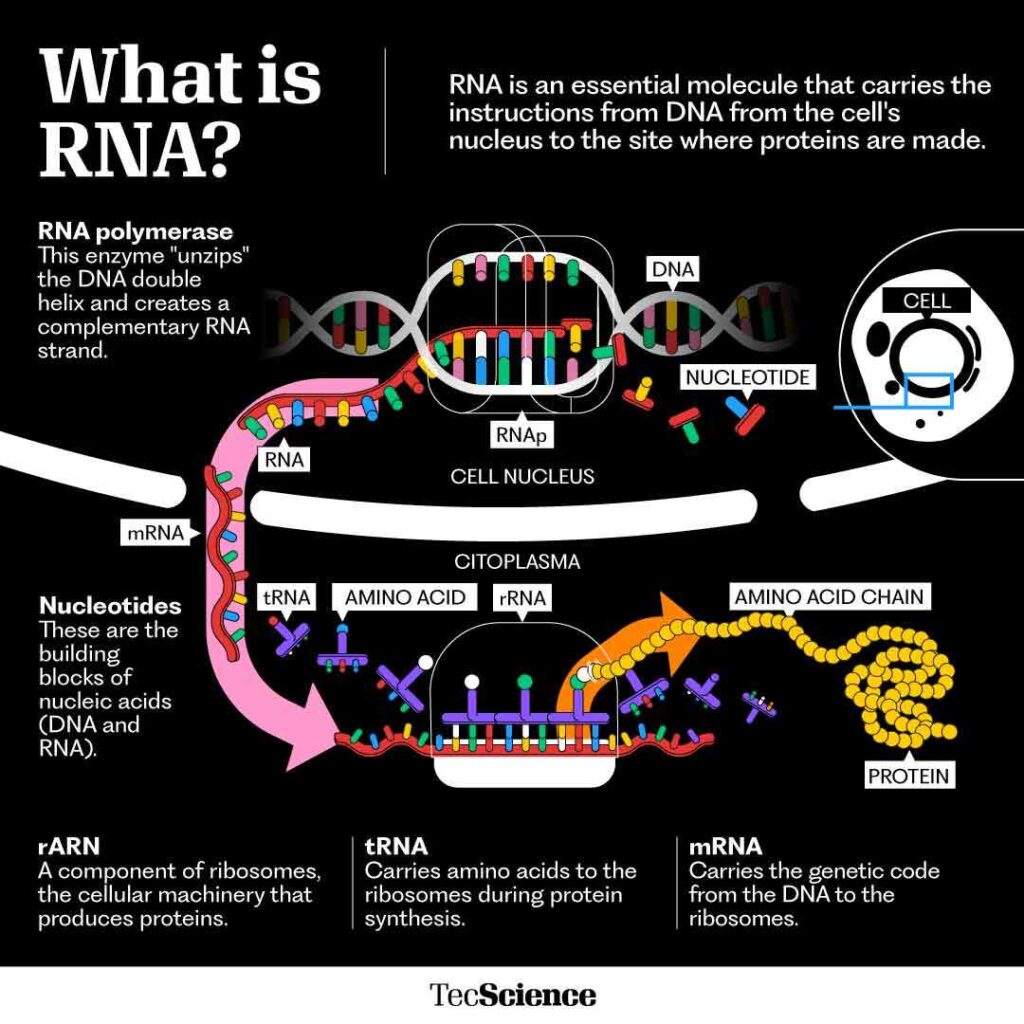A deficiency in vitamin B12 during pregnancy can lead to developmental problems in babies. Newborns may have low birth weight and face an increased risk of developing conditions such as obesity, diabetes, and cardiovascular diseases—including heart attacks—later in life.
This phenomenon is known as fetal programming, a process in which conditions during pregnancy—such as poor nutrition—can send the fetus “faulty instructions” even before birth, explained Rosa María Guéant, a professor and expert in metabolic biochemistry and nutrition at the University of Lorraine and the University Hospital of Nancy. She spoke during the International Congress on Obesity Research 2025.
During her talk, B Vitamins, the Epigenome, and Fetal Programming, Guéant explained that if a pregnant woman does not get adequate nutrition, the baby’s body may be “programmed” to store fat, function with fewer nutrients, or struggle to process sugar—essentially adapting to a nutrient-poor environment. However, these early-life adaptations can increase the risk of developing metabolic diseases and organ issues in adulthood, particularly in the liver and heart.
Vitamin B12, found in foods like meat and fish, and folates—such as vitamin B9, which comes from vegetables—help regulate fetal genes during pregnancy through a process called methylation. This mechanism acts like a control system that determines which genes are switched on or off during development.
In her research, Guéant has shown that disruptions in this regulatory process can result in low birth weight due to altered genetic instructions.
“The required amount of B12 is extremely small—just four micrograms a day. And that’s enough,” said Guéant.
B12’s Role in Babies
When pregnant women are deficient in vitamins like B12 and folates (folic acid), their babies don’t receive enough methyl groups—one of the key epigenetic mechanisms involved in development. Epigenetics refers to the way a fetus’s genes are regulated during gestation, depending in large part on maternal nutrition.
Guéant pointed out that there are three main epigenetic mechanisms that regulate gene behavior: DNA methylation, which adds methyl groups to suppress certain genes; histone modification, which alters the proteins surrounding DNA and affects gene accessibility; and non-coding RNAs, which regulate gene activity without turning into proteins themselves.
In other words, when these genetic instructions are altered, fetal development can be affected.

“When a gene is methylated, its protein expression decreases. A lack of methyl group donors contributes to fetal programming—especially in the liver and heart. The result is inflammation, fibrosis, and steatosis (fat accumulation),” Guéant explained.
She presented findings from various studies examining how maternal vitamin deficiencies impact fetal programming and babies’ metabolic development. In one study using a rat model, female rats were fed a deficient diet during mating, pregnancy, and lactation. Researchers then analyzed how this lack of nutrition affected their offspring.
The pups were born with low body weight, but by day 21 had already accumulated abdominal fat and developed liver steatosis, mitochondrial abnormalities in the heart, and reduced metabolic functions.
In a separate population-based study in France, Guéant analyzed 682 samples of placentas, umbilical cords, and blood from children under age five. The goal was to trace how maternal nutrition and fetal metabolism shape biological markers from birth through early childhood. The results identified methylated genes linked to body fat percentage at age five, as well as metabolites associated with insulin resistance.

Nutrition Is Key
Vitamin B12 is linked to a gene that influences lower body weight in children.
Although it’s not found in plant-based foods, B12 plays a critical role in fetal development. For that reason, pregnant women who follow vegetarian diets should make sure to get this essential vitamin through supplements.
Did you find this story interesting? Would you like to publish it? Contact our content editor to learn more at marianaleonm@tec.mx
















